
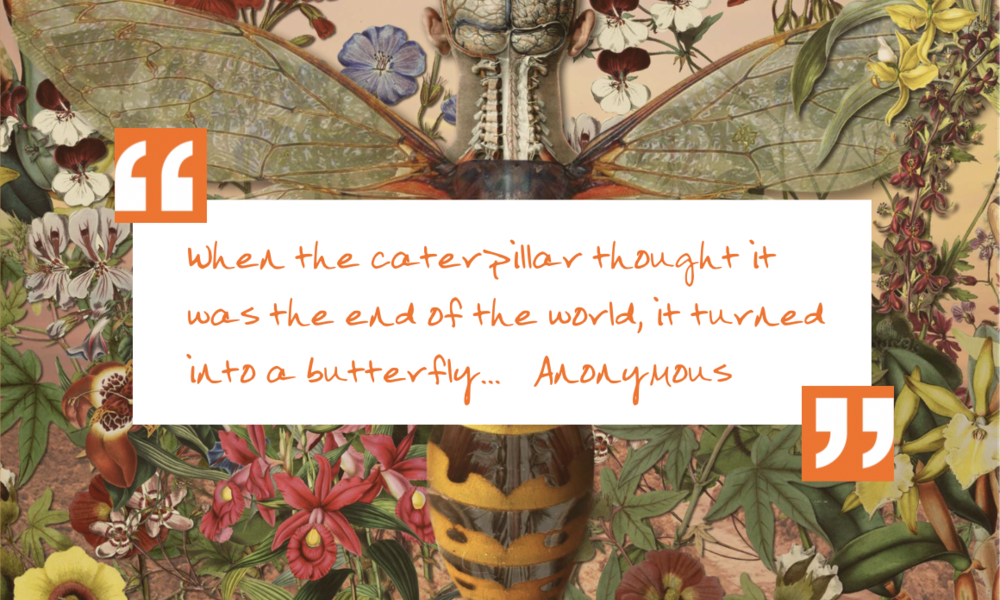
Having made it through what we expected to be a bumpy and uncertain year, things feel more clear this New Year’s Day… in ways that feel both daunting and more hopeful.
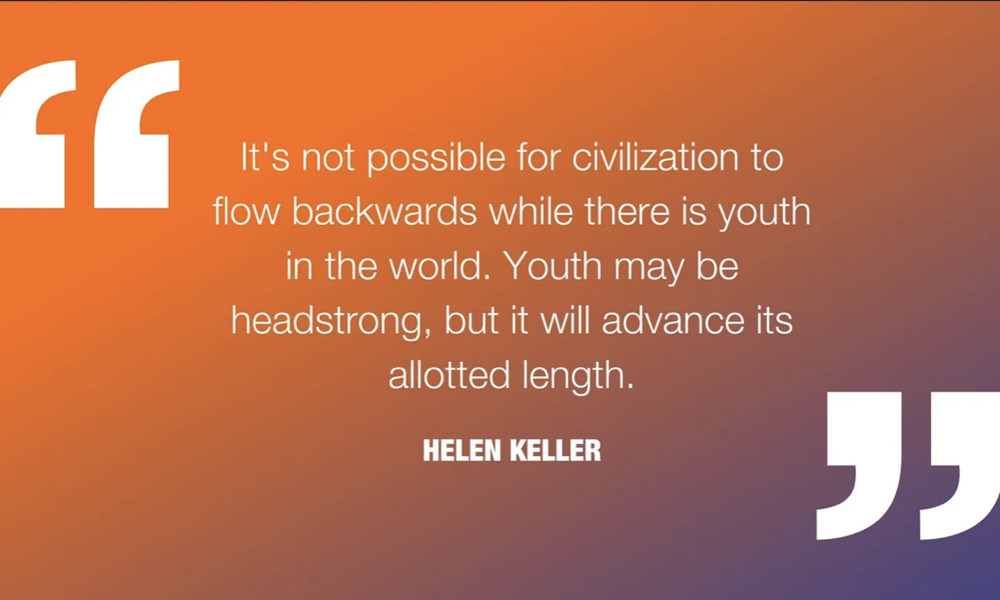
While we are all becoming well versed in the forces shaping our future: digital and economic transformation, sustainability and regenerative (vs extractive) practices, systemic equity, access and justice, and tending to our overall wellbeing… I have not met a single business leader who is paying attention to the one that will also radically impact our lives in the years ahead: the emerging Youthquake.
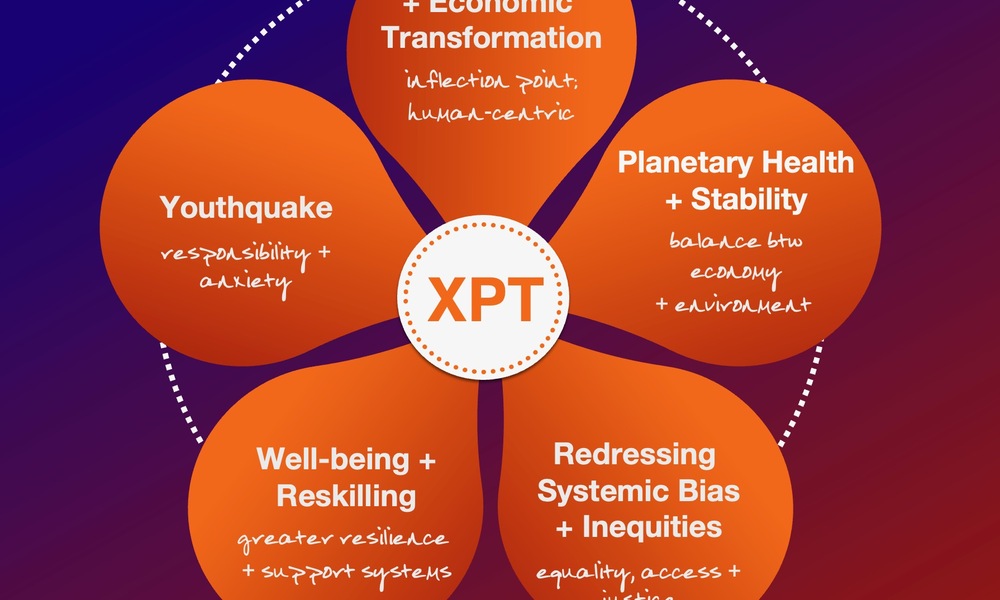
Throughout our industrialized past there have been several big shifts in the way we have leveraged resources and organized societies. As we find ourselves here, on the cusp of another, it's important to acknowledge that we are not simply heading into a "Fourth Industrial Revolution". We're rapidly advancing into an entirely new age: the "Exponential Productivity Transformation" (XPT).
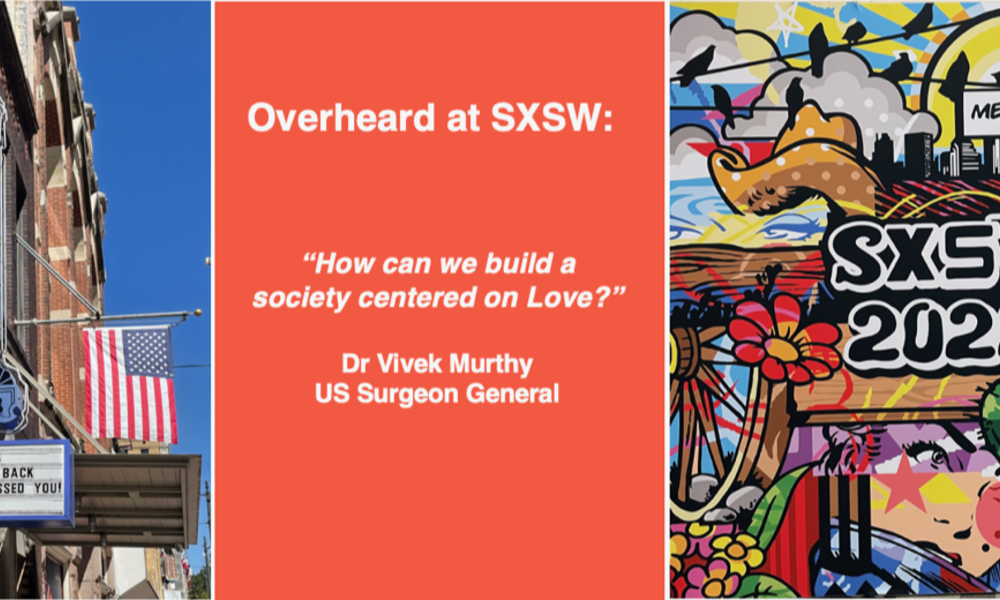
With hundreds (and hundreds) of panels, keynotes, films, live performances, installations, and parties to choose from over 10ish days, it is literally impossible to catch it all. Designed to be a self-guided playground of learning, discovery and connection means that each of the 200,000(ish) attendees has a unique constellation of experiences. Here is mine.

Led by an eco-entrepreneur/documentarian and accompanied by two well-known filmmakers and a prominent urban architect focused on regenerative systems, I spent a full week exploring, learning and witnessing the extraordinary resilience of nature and a population committed to protecting it.
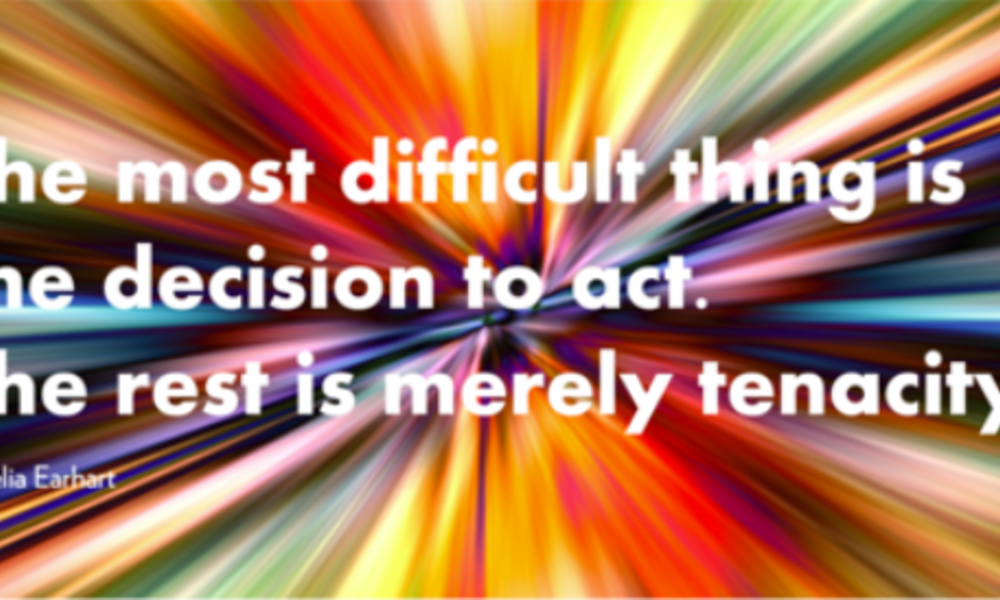
It has been a tough couple of years… and the burnout we’re feeling is real. As we are all seeking inspiration, calm and connectivity, it is helpful to remember that the volatility and uncertainty we’re experiencing provides an extraordinary moment of inflection where we get to align our actions and values, and decide what future we want to live in.
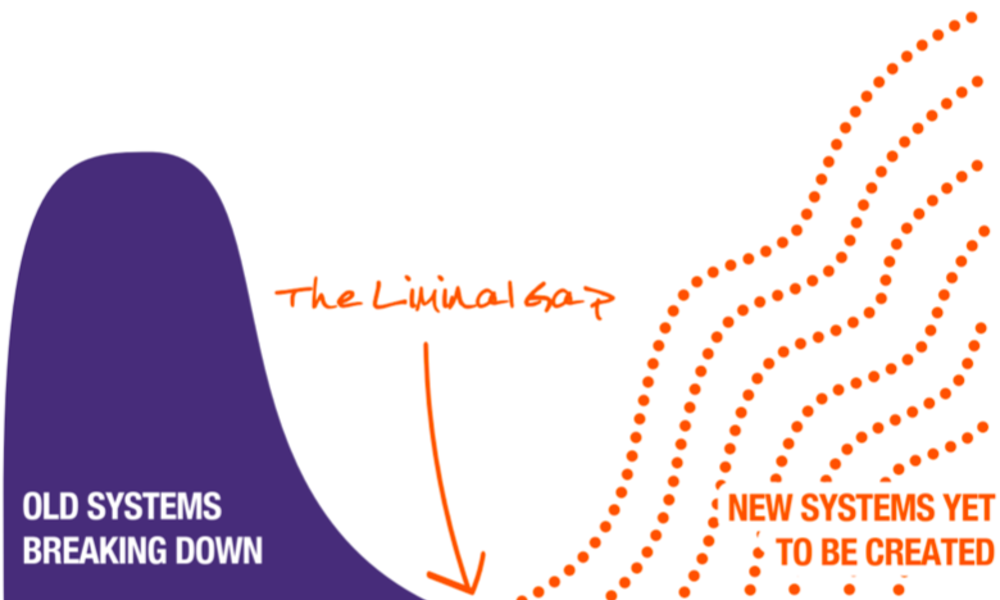
When we envision the shift between one socio-economic era and another, we can see a gap form as old systems are breaking down and new systems are yet to be created. I describe this as the “liminal gap:” the space between now and next; between our present ways of operating and what the future needs; and even between me, the leader, and you, my potential collaborator.
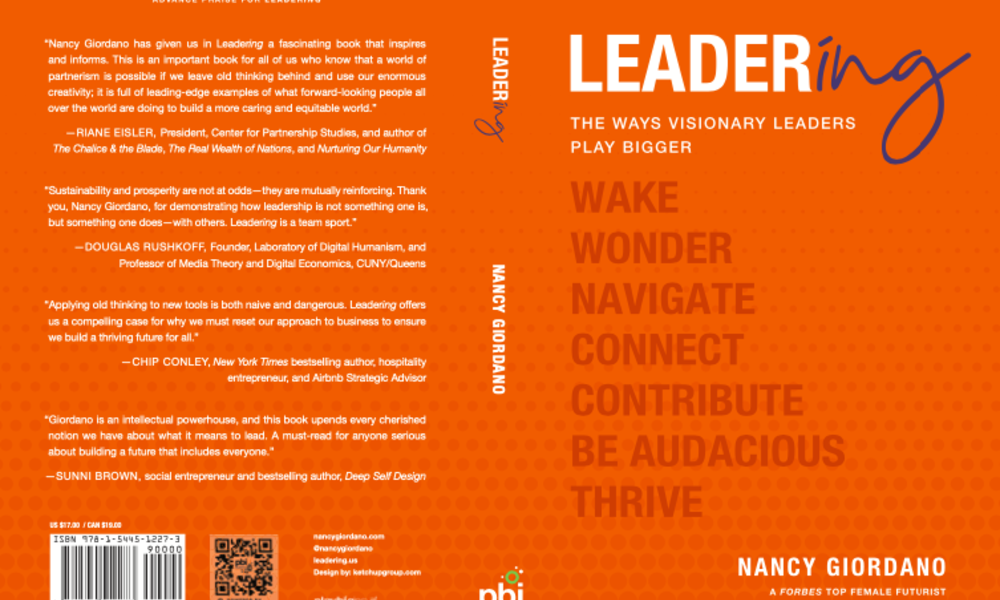
Structures put in place to reduce risk and drive success in the 20th Century are now often the very things creating vulnerability in the 21st Century. It’s time to ditch the outdated playbook and radically shift our approach from static leadership to dynamic leadering to think much bigger and ensure a thriving future for all.
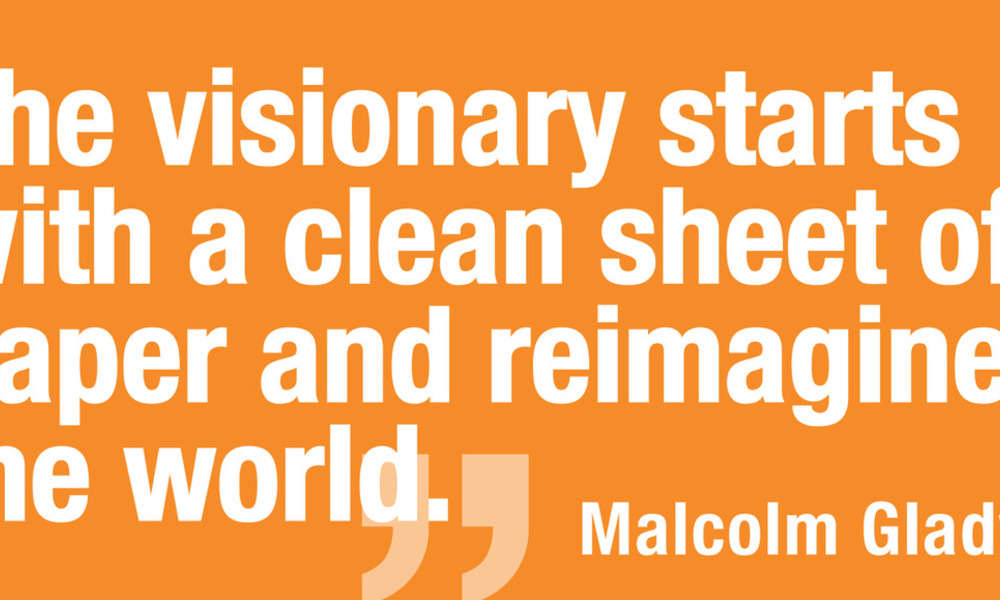
Yesterday, January 1st, I hosted a 90min online experience that many of you were a part of, and I wanted to able to share the link to the whole thing with you! Themed Building A Better Next, it highlighted several audacious yet remarkably tangible ideas that are shaping our future right now. I’m excited to give you a quick overview here because this is the kind of thinking, caring and acting we are being called to do now.
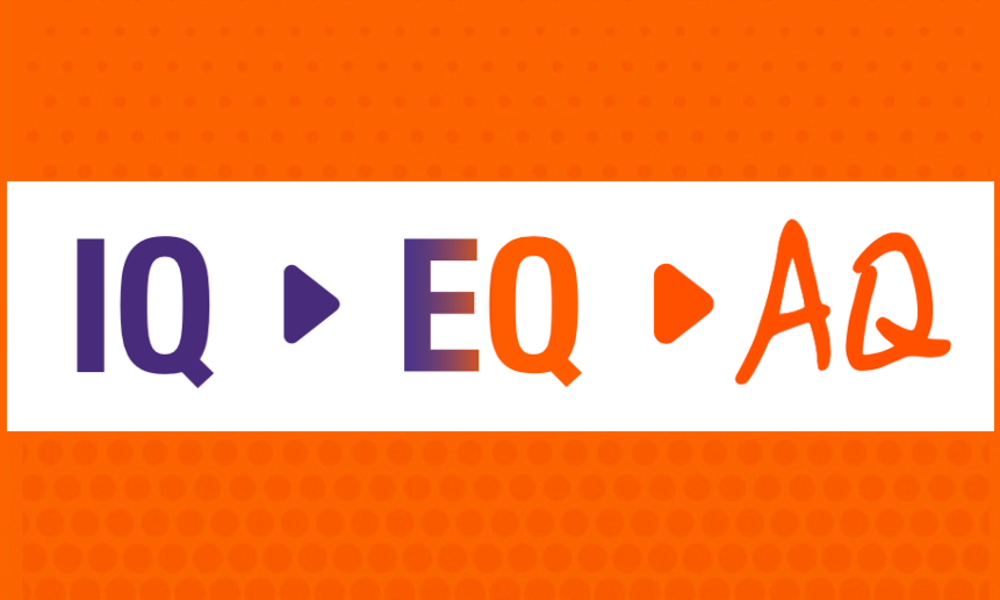
Today we cannot wait for decisions or direction from a few empowered leaders or small select committees (or even from just one author). We need to collect, synthesize and prioritize a lot of new information quickly, which means that organizations with rigid bureaucracy and no clarity of purpose often miss windows of learning and opportunity. How can we learn to adapt?
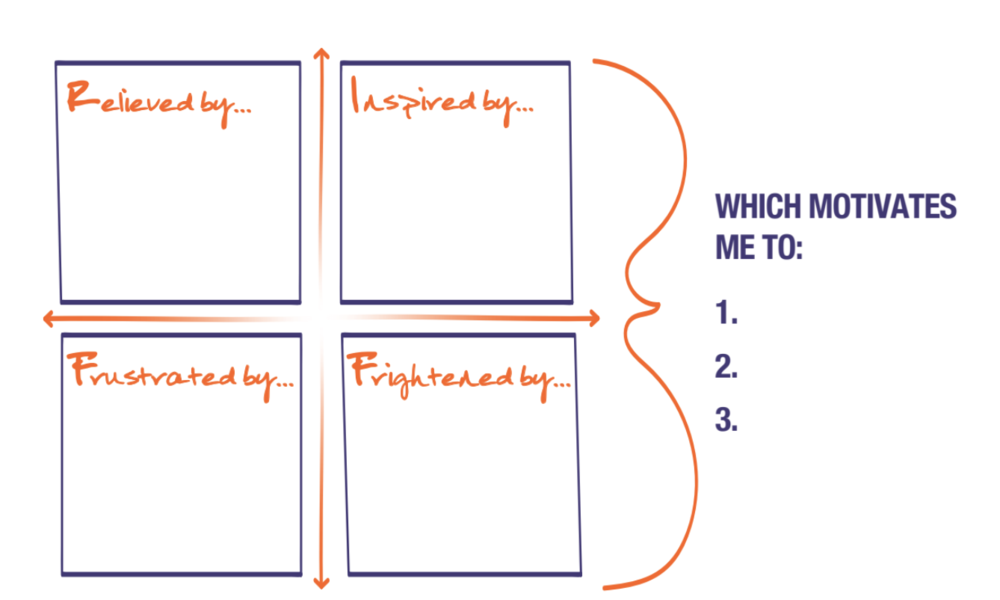
Engaging often requires that we hold two or more competing narratives about what things mean—and to rely on more than “thinking.” To help us find the value in these conflicting narratives, I developed a deceptively simple tool that teases out emotional distinctions. It is especially illuminating when used with a group. I call it the RIFF model.
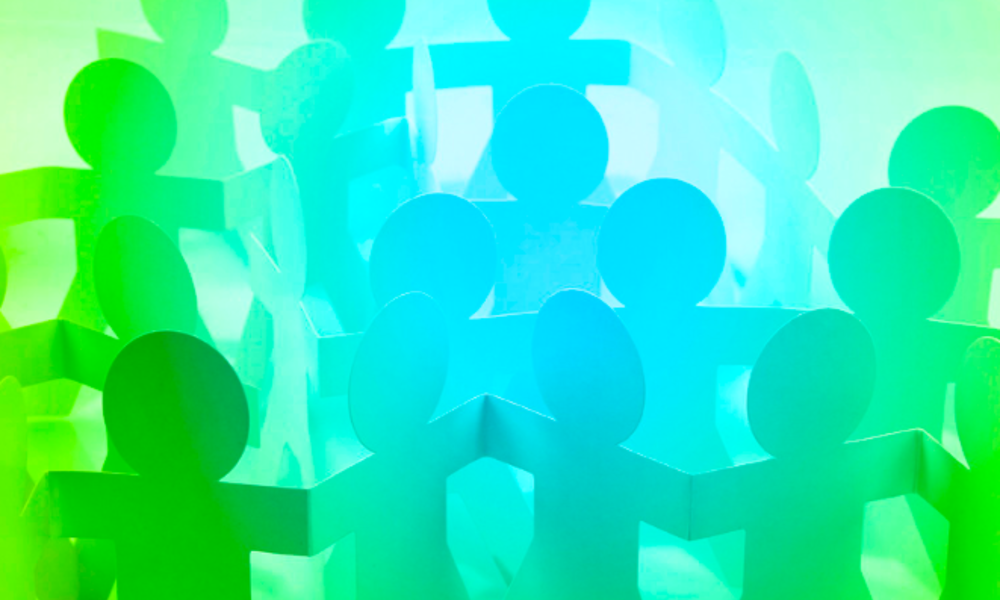
Like it or not, we now are all wide awake and actively thinking through what this collective insight means for where we go next. But as we focus more specifically on what work will look like, rather than discussing the merits of plastic shields and home office allocations, the place to start is by clarifying what we actually mean by “work”?
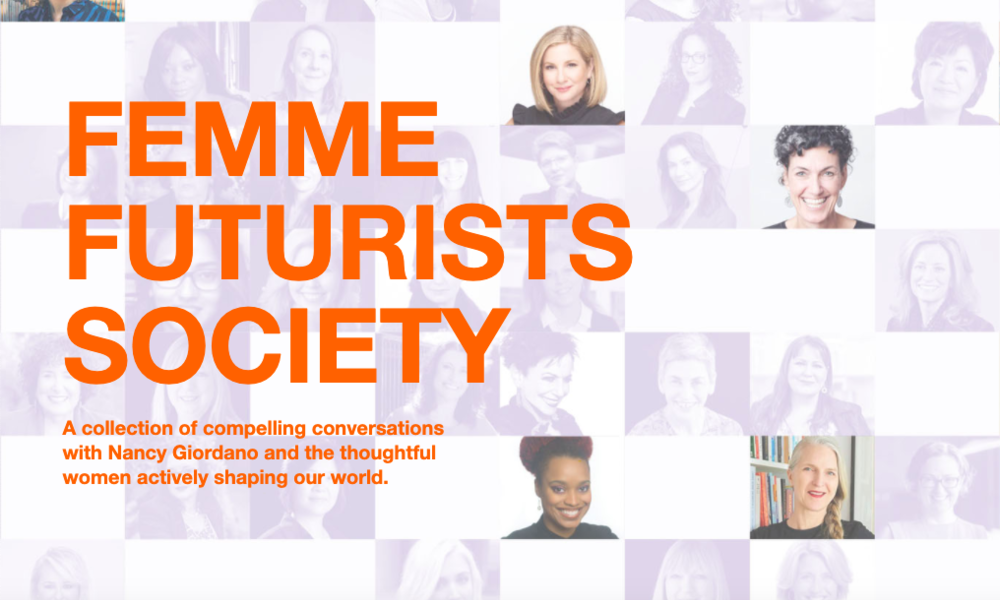
With a desire to balance the dominant masculine side of the conversation with the currently underrepresented feminine, we are so excited to showcase and amplify the thinking and work of this thoughtful collection of futurists. Each of whom has her own take on what the frontier holds in business, technology, and society, and who collectively offer a truly inspiring look at what’s ahead.

While there is a strong argument to be made that a challenge-filled 2020 should just end right here so we can leap on over to a normal 2021, how about we take a deep (safe) breath and recognize that we are standing in an extraordinary juncture in time in which we get to build a better 'next'. And indeed, we must.
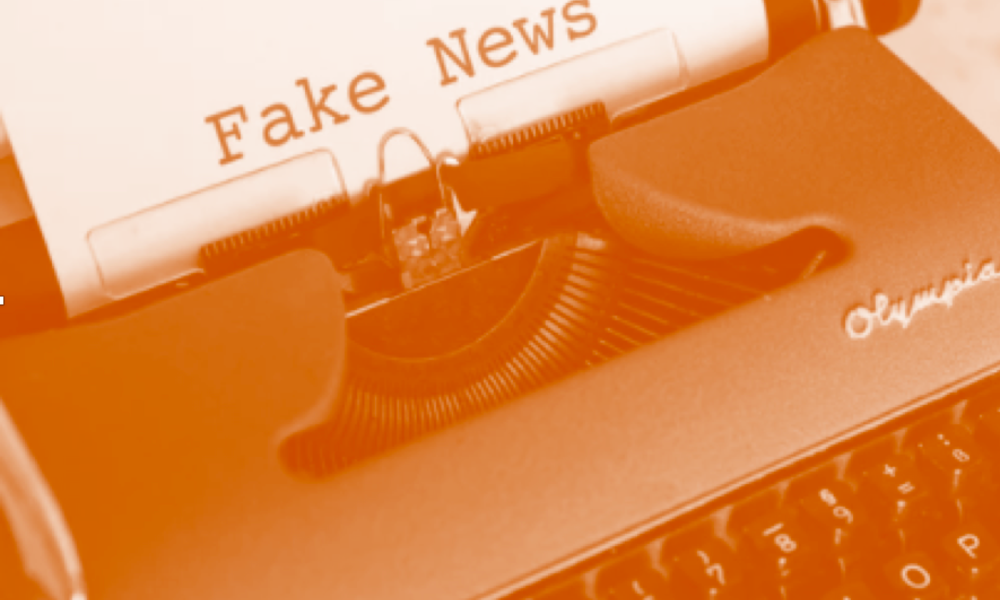
When the Cambridge Analytica scandal emerged and we learned of Russian interference in the U.S. elections, it became very clear that we had entered an era of disinformation, made possible by human/AI manipulation. Dr Steve Kramer from KUNGFUai recently decided to do an analysis of 19.95 million COVID-19 and coronavirus posts on Twitter to get the real story... and the results were surprising.

There is no sitting on the sidelines any more. One of the most stunning and lingering things about this shocking moment is that suddenly everyone is being thrust into this new era, together. Ready or not. Four massive shifts in awareness and behavior are reshaping our understanding of business, society, technology and ourselves.
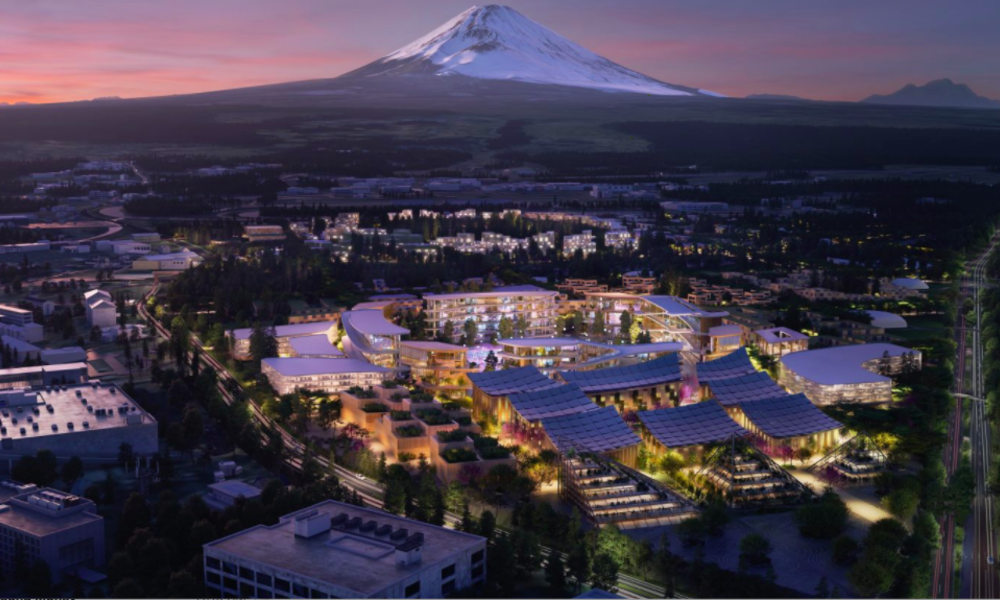
In part two of a guest column for ABJ's (Austin Business Journal) year-long series, Austin 2040: Our Business Future, we contemplate cities of the future highlighting some audacious examples happening right now.
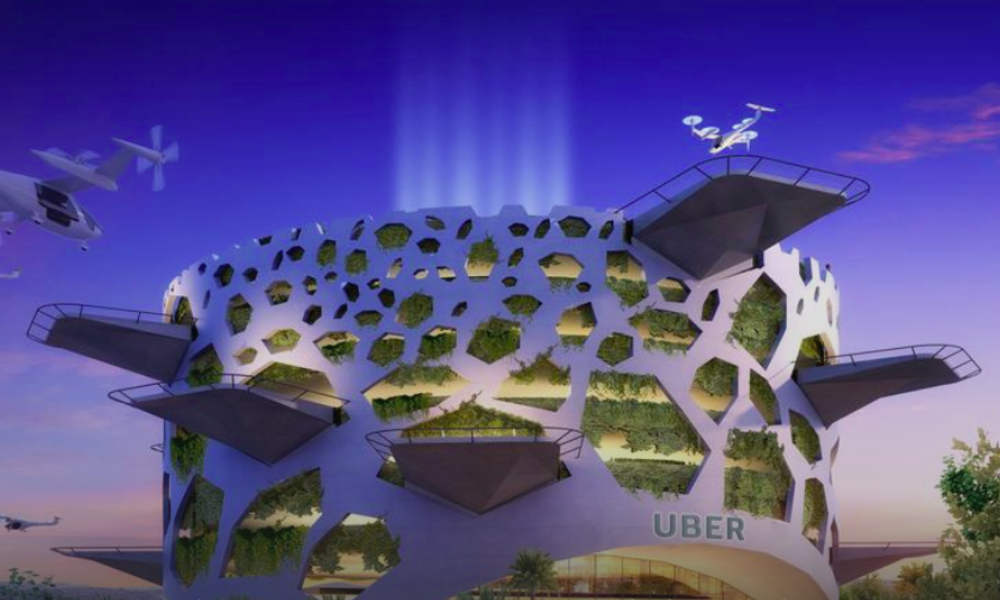
Kicking off a guest column as part of ABJ's (Austin Business Journal) year-long series, Austin 2040: Our Business Future, I share my POV of what's ahead and beyond for ATX.
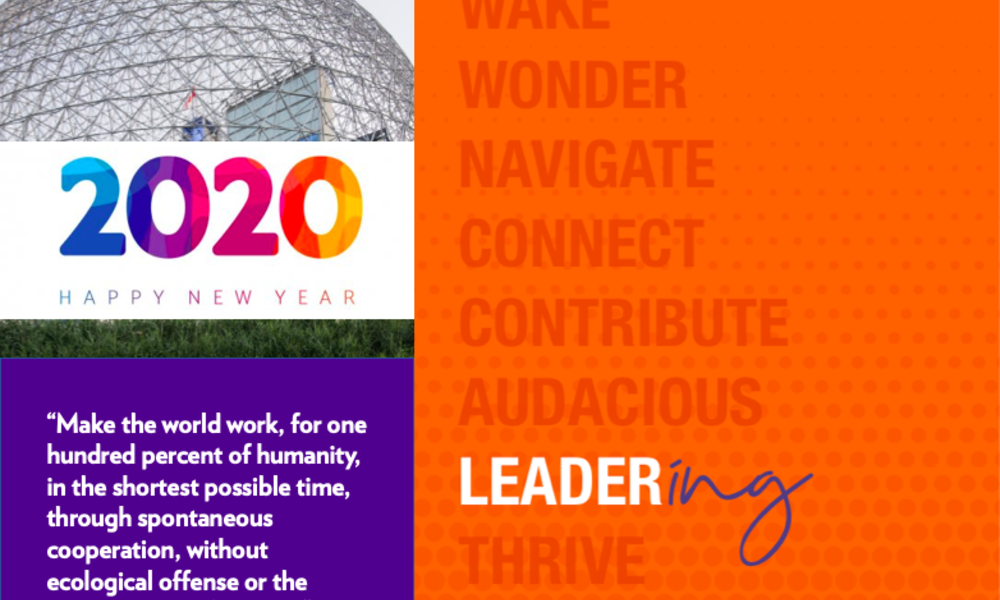
How will we take better care of the human cloud at the center of the digital one expanding quickly all around us? It makes the case for shifting away from the static, hierarchal, growth-focused playbook of Leadership (the well known noun) to the more dynamic, collaborative, value-creating, sustainable and constantly evolving practice of Leadering (the brand new verb).
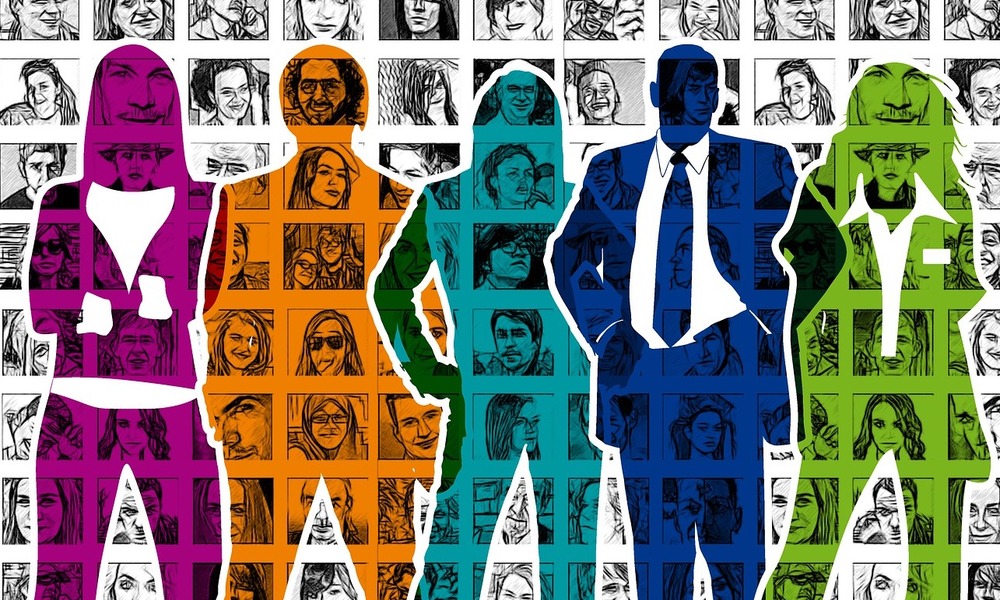
Investments in reskilling, incentivizing learning, diversity of input, ensuring open and inclusive communications around how this impacts jobs, business models and ethics, are all critical in shaping an AI-ready culture. How prepared are you for what's coming?
My favorite way to invest time and energy is to encourage students to explore what the future needs and expects… from them. And to hopefully inspire them to consider what they are each in a unique position to contribute and create… for the future. So when I addressed 1700 cadets recently, here's what I said...
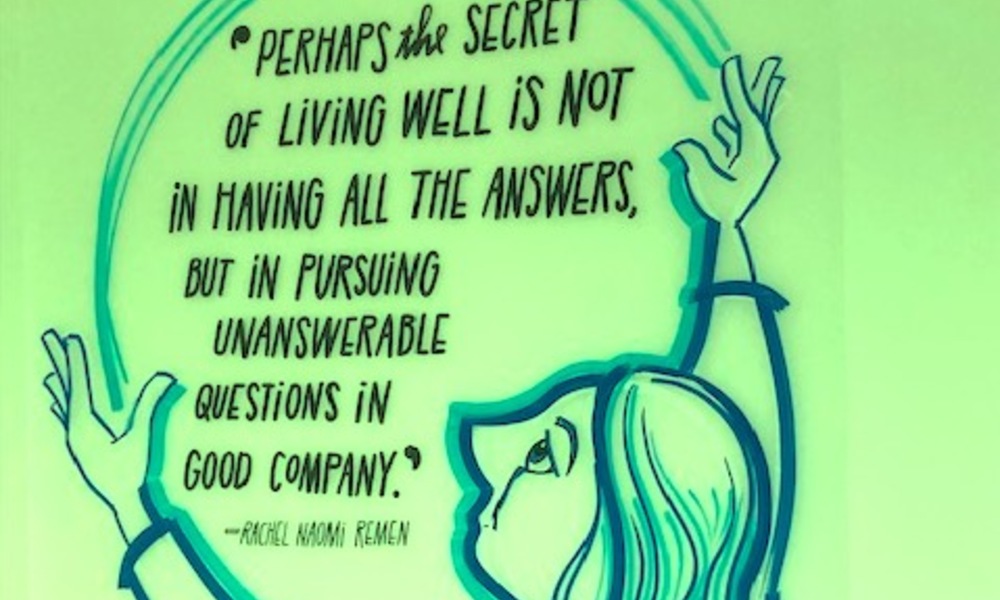
This Summer I decided to deepen my knowledge of two key things: Artificial Intelligence and its growing role in business, and how to build/reshape the economic and social structures that will hold us well in a “post-digital” world. Why? Because I believe these are the two most pressing concerns + opportunities in our lifetime.

Part One: How will companies meet the needs and expectations of this and future generations, as trust continues to erode and corporations are held ever more accountable to public sentiment? The stakes have been raised for corporations and local government to step in and lead the charge toward a future of prosperity.
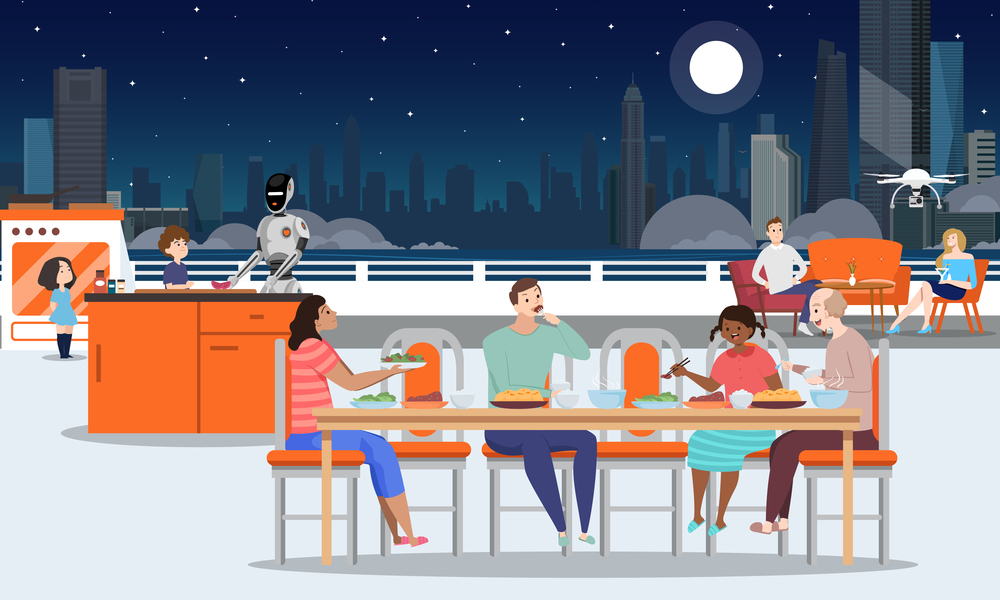
As the future demands we shift from a position of extraction to contribution and from scarcity to abundance, what might the future of food look like years from now?